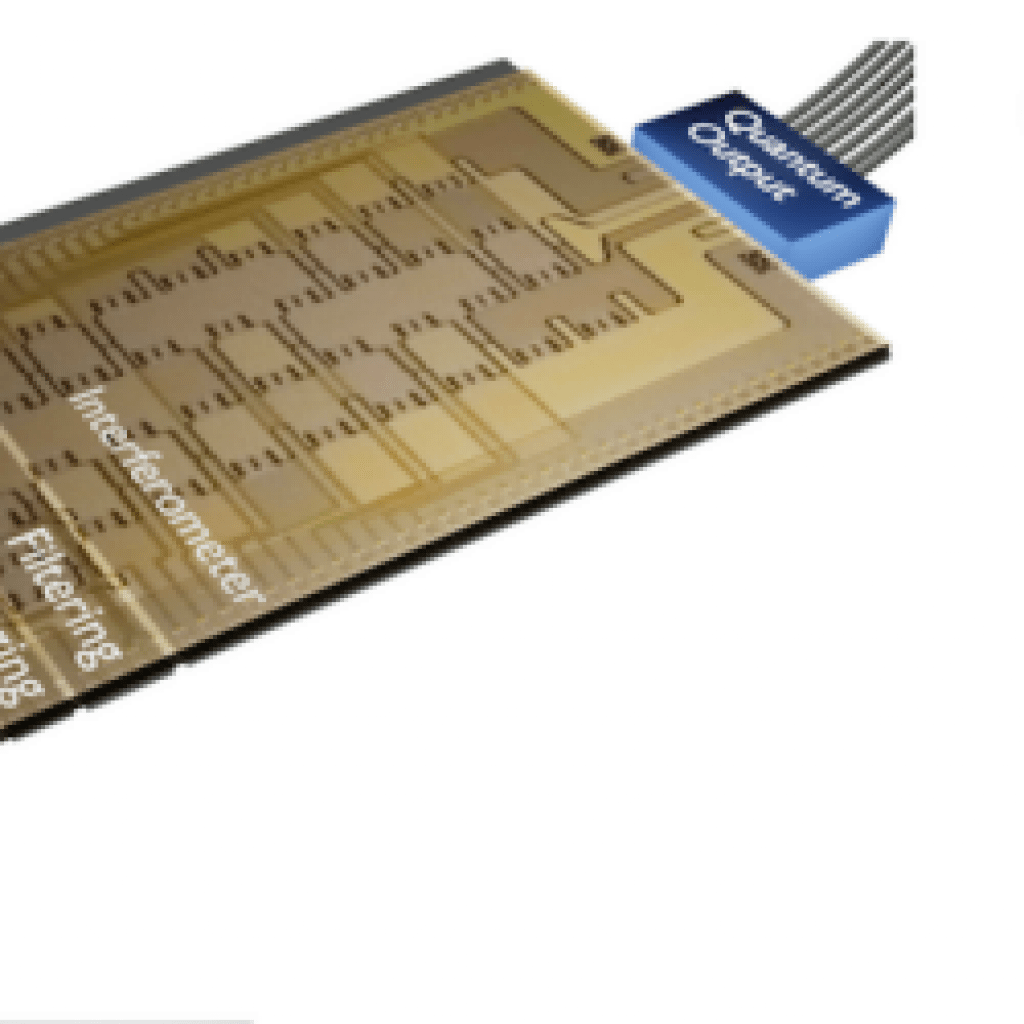(HPC.Wire) Researchers from the National Institute of Standards and Technology (NIST) and Xanadu have reported developing a full-stack, photonic quantum computer able to carry out three important quantum algorithms, including one useful in quantum chemistry and another for graph similarity.
Photonic quantum computing advocates say it has advantages over other approaches, not least is the room temperature operation of photonic chips and reduced susceptibility to some of the noise vulnerabilities associated with other qubit technologies. That said the photon detectors require cryogenic temperatures although overall the apparatus is still less complicated and cumbersome than what’s required for other qubit technologies.
Xanadu has a good short video describing the tech. Briefly, there are three components to the system: 1) squeezer, 2) interferometer, and 3) photon detector.
The researchers note that until now, no photonic machine has been demonstrated that is simultaneously dynamically programmable, readily scalable to hundreds of modes and photons, and able to access a class of quantum circuits that could not, when the system size is scaled, be efficiently simulated by classical hardware. They write, “We report results from a new device based on a programmable nanophotonic chip which includes all of these capabilities in a single scalable and unified machine…While our device, at its current scale, can be readily simulated by a classical computer, the architecture and platform developed can potentially enable future generations of such machines to exit this regime and perform tasks that are not practically simulable by classical systems.”
The researchers ran tests around three classes of problems – Gaussian boson sampling, vibronic spectra, and graph similarity – and the results are best read directly in their paper in Nature.
NIST/Xanadu Researchers Report Photonic Quantum Computing Advance
